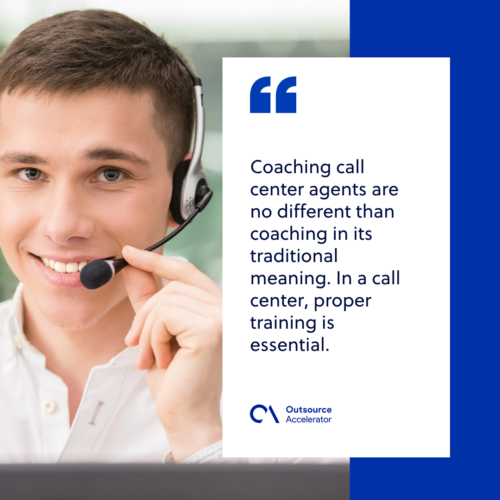Coaching
Definition
What is coaching?
Coaching is a form of growth in which an expert, known as a coach, provides training and advice to a student or client to help them achieve a specific personal or professional objective.
Coaching can sometimes refer to an informal relationship between two people, with one having more experience and expertise than the other and providing advice and guidance as the latter learns.
However, coaching differs from mentoring in that it focuses on specific tasks or objectives rather than general goals or overall development.

What is the purpose of coaching?
The primary purpose of coaching is to help people enhance their performance by unlocking their potential and capabilities. Thus, it assists people in learning rather than educating or telling them.
Coaching can be helpful in various ways. It:
- Assists someone in making the changes they desire and moving in the direction they want.
- Aids a person in becoming the person they want to be on all levels.
- Increases awareness, empowers decision-making, and promotes change.
It’s essential to differentiate coaching from other related activities. Here are some activities where coaching can be beneficial:
Mentoring
Mentoring occurs when a senior colleague who is more informed and wise provides guidance and serves as a role model. A mentor is a sponsor who has extensive professional experience in the sector in which their client works.
Counseling
Working with a client who is unhappy or unsatisfied with their life is referred to as counseling. They’re looking for help and advice. A counselor assists a client in resolving a problem.
Consultancy
A consultant is a professional who gives expertise and helps businesses solve problems or grow. A consultant works with the organization as a whole or with some aspects rather than with individuals. Individuals are only affected tangentially by consultants.
What is coaching in a call center?
Coaching call center agents are no different than coaching in its traditional meaning. In a call center, proper training is essential.
The trainer is usually a team leader or a co-worker who has more experience in the industry. The training course will most likely focus on specific abilities for immediate results. One-to-many training is also more likely than one-to-one training.
Coaching can also mean assisting the client in reaching their full potential and achieving the outcomes they want in their personal and professional lives. Coaching ensures that the client may provide their best effort, learn, and grow in the way they desire.

Effective call center coaching techniques
Businesses may be hesitant to engage in one-on-one coaching since it is time-consuming and emotionally taxing. The coaching tactics listed below can assist you in propelling your agents to success.
Listen
Asking the agent to conduct a self-assessment is one of the most effective ways to use a coaching session. Agents can open up more about their struggles and triumphs once they know the coach is available to listen.
Work together to achieve your goals
A plan of action with explicit knowledge of what the agent must learn should be any coaching session objectives.
When you work together to create measurable and attainable goals, it demonstrates to agents that you trust their capacity to resolve performance concerns.
Observe them as they do it properly
Live monitor a call at the same hour, if not the same day, and grade the agent on the areas they need to improve. This real-time feedback reinforces positive behavior while also allowing you to address any lingering difficulties.







 Independent
Independent




